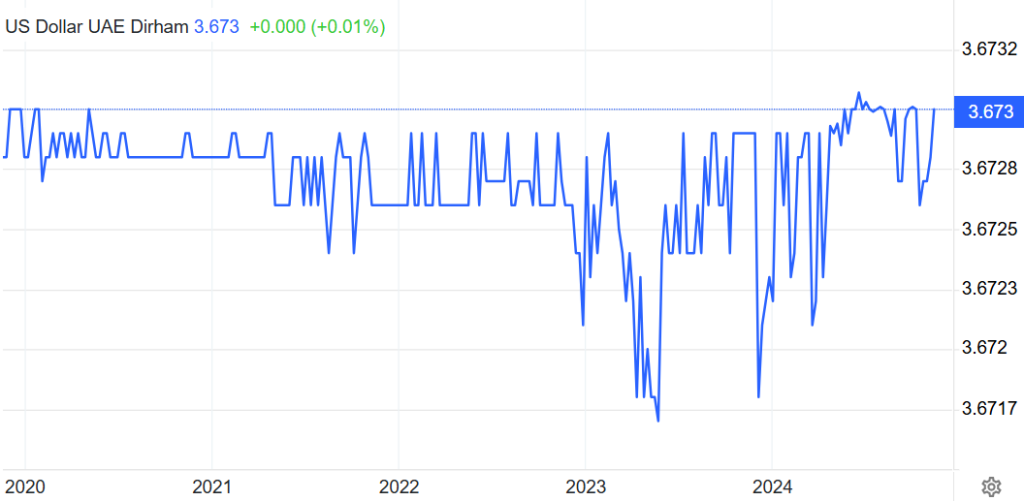The 2022 Africa Wealth Report published by New World Wealth, a global wealth intelligence firm based in South Africa provides a comprehensive review of the wealth sector in Africa, including trends among high-net-worth individuals (HNWIs), the luxury market, and the wealth management sector on the continent. The report has interesting insights and one thing that stands out is that most African countries that have registered solid wealth growth over the years resemble Dubai in terms of how it has modelled itself as a unique investment destination. In this article, we focus on key drivers of wealth growth in Africa while comparing these trends to Dubai;
- High Safety and Security
- The safety levels in a country and the efficiency of the local police are probably the most critical factors in encouraging long-term wealth growth. Based on the latest safety index, the safest countries in Africa are Mauritius, Botswana and Namibia.
- In the case of Dubai, the city has one of the world’s lowest violent crime rates and in 2019 was ranked the seventh-safest city in the world. In fact, Interpol rates Dubai as one of the safest cities in the world in terms of crimes and health, making it a reassuring ground for all.
- Media Freedom
- To attract and stimulate wealth creation, it is important that major news outlets in a country are neutral and objective. A well-developed financial media is especially important because it helps to disseminate information to investors. In Africa, South Africa, Mauritius, and Kenya score strongly here.
- In Dubai, many international news agencies such as Reuters, APTN, Bloomberg L.P. and Middle East Broadcasting Centre (MBC) have a presence. Additionally, several local network television channels such as Dubai One (formerly Channel 33), and Dubai TV (EDTV) provide programming in English and Arabic respectively.
- A well-developed banking system and stock market
- Generally, a well-developed financial system ensures that people invest and grow their wealth locally. In Africa, South Africa stands out given its deep financial system. Similarly, Dubai is an international financial centre (IFC) that has been ranked within the top 50 global financial cities as surveyed by the MasterCard Worldwide Centres of Commerce Index. Since it opened in September 2004, the Dubai IFC has attracted, as a regional hub, leading international firms, and set-up the NASDAQ Dubai which lists equity, derivatives, structured products, Islamic bonds (sukuk) and other bonds.
- Low-income Tax and Company Tax Rates
- Dubai and Singapore are examples of the power that tax rates can have in encouraging business creation—both jurisdictions have very low tax rates.
- Low level of Government Interventions
- We note that government tampering in the business sector creates large inefficiencies within an economy. Government-owned enterprises and parastatals can pose problems (as in the case of electricity utility Eskom in South Africa)
- Strong Economic Growth & Stability
- Strong economic growth is usually linked to wealth growth. For example, Dubai has one of the world’s fastest growing economies. Although several core elements of Dubai’s trading infrastructure were built on the back of the oil industry, revenues from oil and natural gas account for less than 5% of the emirate’s revenues. Real estate and construction, trade and financial services are now the largest contributors to Dubai’s economy. Dubai also has a stable currency given that the Dirham is pegged to the US dollar.
UAE Dirham Exchange Rate Over the Years

- Robust Ownership Rights
- Zimbabwe stands out as a case study of the consequences of taking away the legal ownership rights of individuals—once assets are stripped away, they tend to devalue because potential purchasers become no longer willing to risk investing.
- Wealth Migration
- The migration of HNWIs to a country helps build wealth, while HNWI migration from a country slows down the creation of wealth. The Mauritius Residence by Investment Program is attracting a great deal of interest from investors. This appeal is not surprising given that over the past decade, Mauritius was the fastest growing wealth market in Africa in percentage growth terms, with growth of 74% between 2011 and 2021. The multicultural Indian Ocean Island nation also has the highest wealth per capita in Africa of USD34,500. Investment migration programs such as those offered by Mauritius, which have the option of real estate investment as a pathway to residence rights or citizenship acquisition, are particularly popular among African investors.
- Dubai also offers residency by investment. Generally, real estate-linked investment migration programmes have the added advantages of enhancing global mobility through the acquisition of multiple passports and expanding personal access rights as a resident or a citizen of additional jurisdictions. The combined effect is increased optionality in terms of where you and your family can live, work, invest, study, and retire.
In conclusion, tourism remains an important part of the Dubai government’s strategy to maintain the flow of foreign cash into the emirate. Dubai’s lure for tourists is based mainly on shopping as well as ancient and modern attractions. All these factors cement the case for exposure in international real estate as it has always been a reliable and attractive asset class. The importance of diversifying local investment portfolios through exposure in Dubai real estate can never be over-emphasized. In the field of portfolio management, for one to be considered a well-balanced portfolio, it should offer the best returns while exposing the portfolio to the least risk. With a balanced-diversified portfolio, the financial impact of ruinous situations can be significantly reduced.
Be part of the fastest growing network of trading and investing enthusiasts by joining a PiggyNetwork WhatsApp Group.
Contact Piggy on +263 78 358 4745



